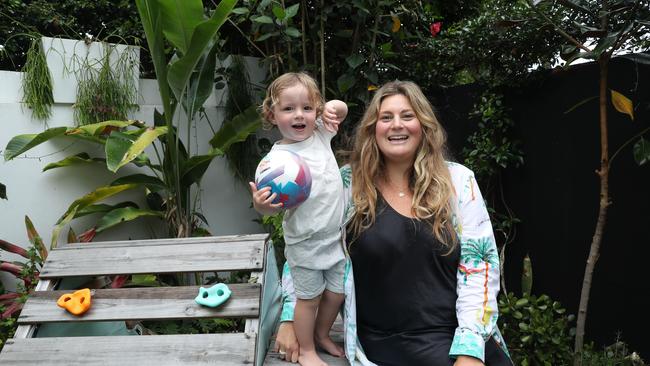Scientists hopeful a Mediterranean diet could be best for pregnant women
Australian researchers are working to prove that a Mediterranean diet could reduce the risk of heart conditions in newborn babies.
A traditional way of eating that dates back thousands of years has been hailed as the best diet for pregnant women in preventing heart disease in their unborn babies, with some expectant mothers already trying it out.
Sydney-based researchers at the Heart Research Institute are hopeful that the Mediterranean diet, consisting of vegetables, fruit, olive oil, wholegrain breads, fish, seeds and nuts, could help reduce the incidence of congenital heart disease in newborn babies.
The institute is expanding on a Spanish study, involving 1200 expectant mothers, which found the direct influence of a Mediterranean diet reduced the percentage of newborns with a birth weight below the 10th percentile.
The condition is brought on by the expectant mother’s poor diet and pre-existing health conditions and affects one in 100 live births in the country, a result Libby Watkins did not want for her son Dash, now two years old.
Mrs Watkins is expecting her second child and has remained on a Mediterranean diet since she converted two years ago.
“The health of my baby was a big motivator and then it just kind of sprung into a healthier lifestyle,” Mrs Watkins said.
“When you’re putting nutrients and fuelling your body, you just feel so much better. You don’t feel sluggish or hungover,” she said.

Mrs Watkins has even created a makeshift “vegetable pot” to build salads, with her daily menu including eggs for breakfast, fruit and nuts as snacks during the day and a protein salad or sandwich for lunch and dinner.
Senior researcher Dr Suo Wang said highly processed foods pose a risk to expectant mothers, with 50 per cent of women overweight or obese at their reproductive age.
“Highly processed foods normally have a lot of hidden sugars and we have already known that sugars are really a stimulus for the hypertrophy of the baby’s heart … We want to reprogram this and we really want to make sure that pregnant women have optimal diets,” Dr Wang said.
“[Researchers] have already noticed the [Mediterranean] diet reduces the risk of the baby being born small and a small baby comes with a large proportion of peri-natal disease, cardiovascular disease and congenital heart disease … during growth in the mother’s womb, that is a really vulnerable time,”
The Australian iteration will follow the structure of the Spanish study, dividing participants into three groups: usual care, Mediterranean diet intervention and mindfulness-based stress reduction. Dr Wang said researchers would focus on tracking macro and micronutrients after digestion to find out the degree of processing of maternal dietary carbohydrates and proteins.
“We will trace the carbon and nitrogen sources of the diets, whereby ‘healthy’ and ‘unhealthy’ dietary sources can be determined,” she said.
“What we are talking about is a really remarkable opportunity for us and our research and we’re hoping to prove the Mediterranean diet is good at providing beneficial effects for the baby’s heart development.”






